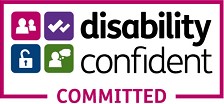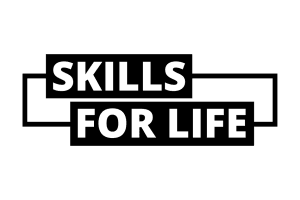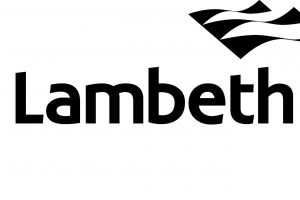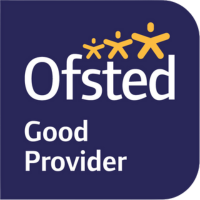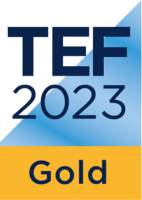Starts: 16 Sep 2024
- Law Policy and Ethical Practice L4
- Anatomy and Physiology L4
- Supporting the Individual through Integrated Health and Social Care L4
- Principles of Health Education L4
- Professional Practice L4
- Evidence Based Practice L4
- Professional Practice L4
- Effective Healthcare Practice L4
- Innovation and Improvement through Participatory Action Research
- Reflective Approaches in Implementing Person-centred Practice
- Planning Care in Practice
- Meeting the Needs of Individuals with Long-term Health Conditions
- Team and Individual Leadership: Mentoring and Coaching Others
- End of Life Care Planning and Support
- Nursing – Principles and Fundamentals of Practice



